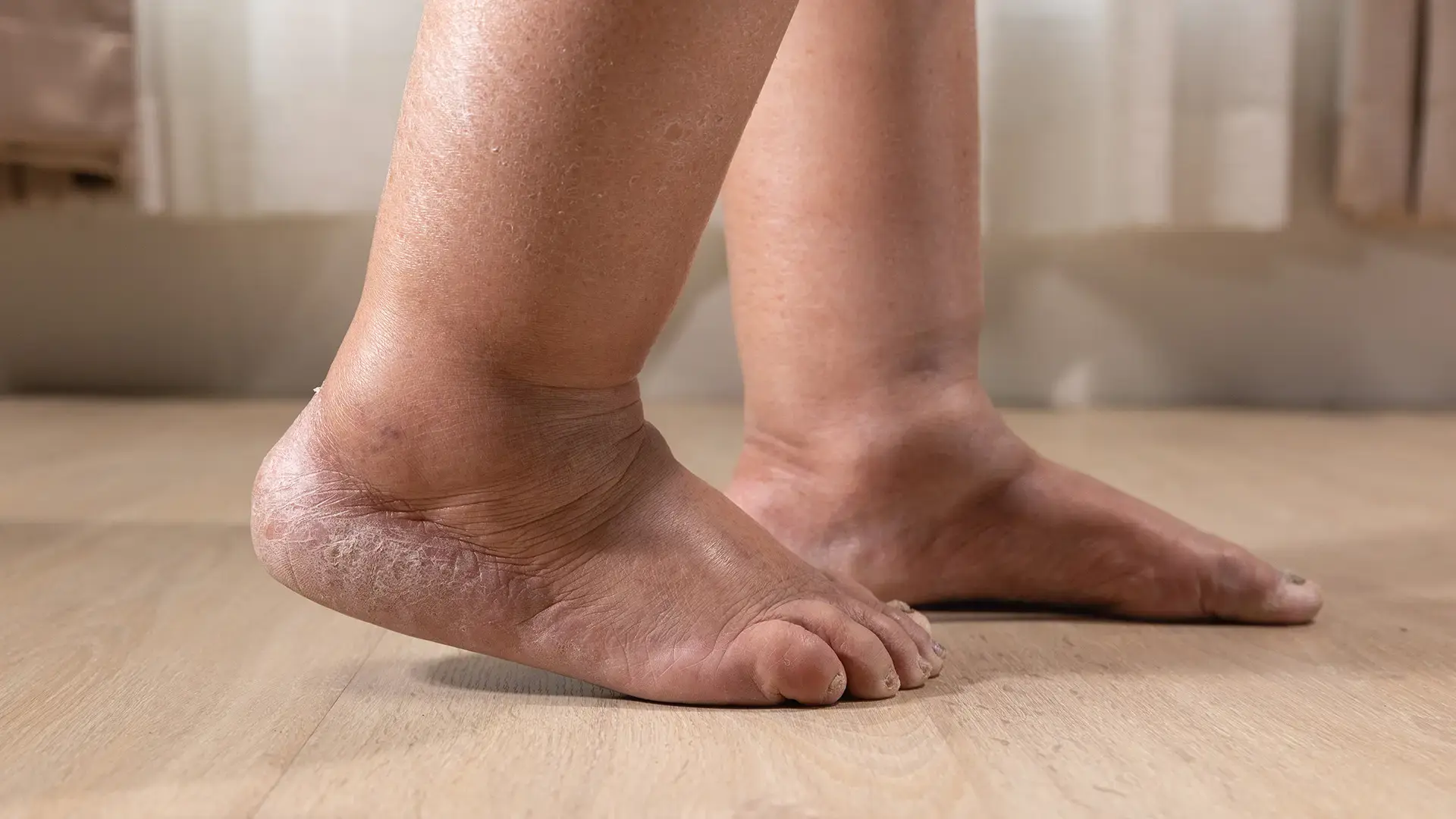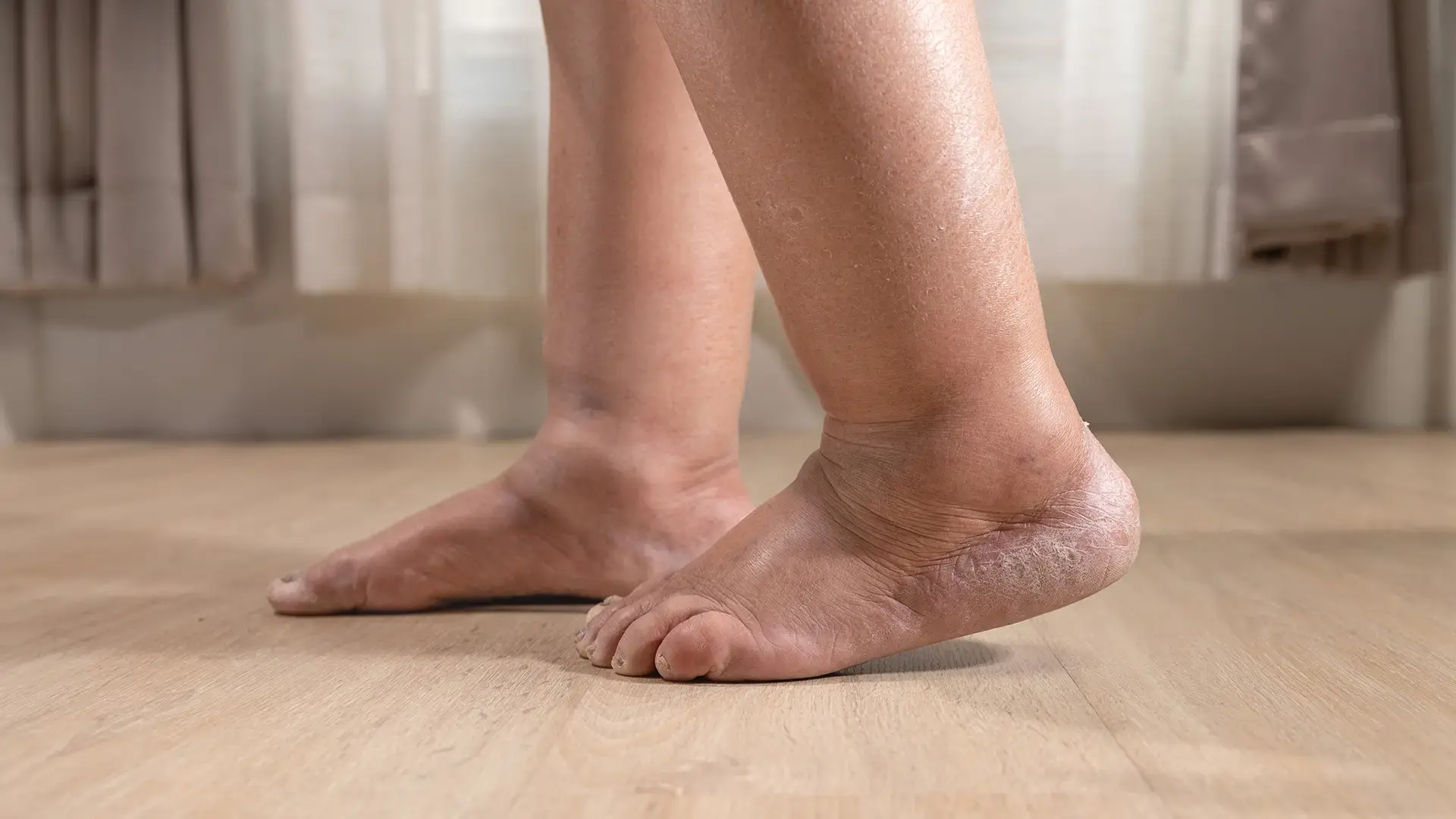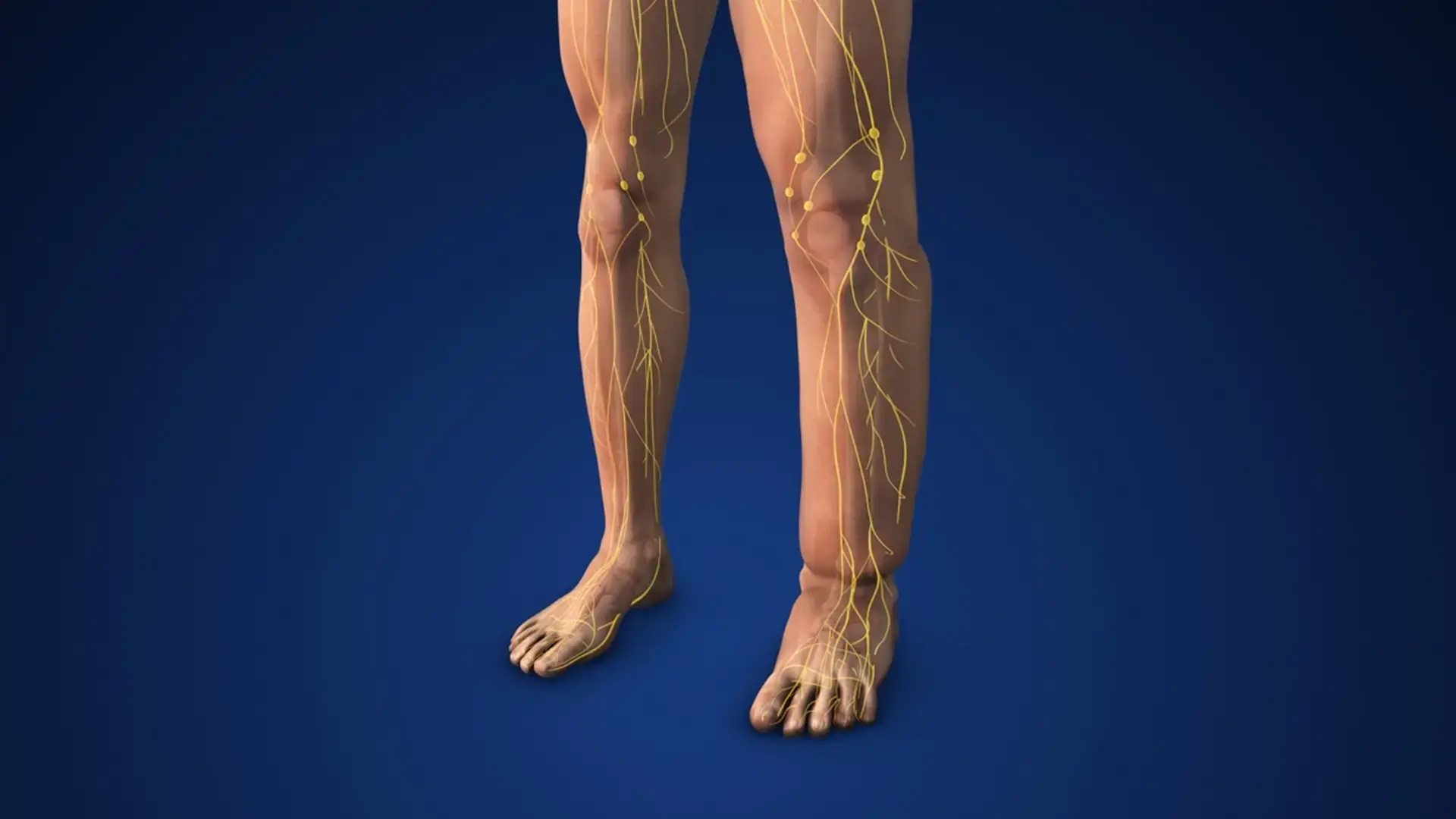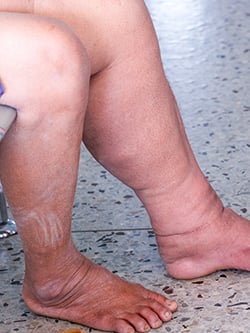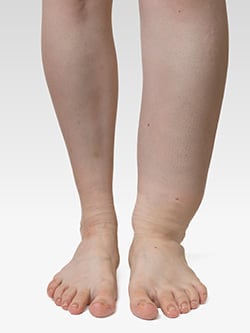The Dos and Don’ts of Managing Lymphedema
Living with lymphedema presents unique challenges that can significantly impact a person's daily life. This chronic condition, characterized by swelling in various parts of the body due to a compromised lymphatic system, can affect mobility, comfort, and self-esteem.
For the nearly 10 million people currently living with lymphedema in the U.S., some may experience physical discomfort, limitations in clothing choices, and the need for ongoing management strategies. The persistent nature of the condition can also lead to emotional stress and social anxiety.
While there is no cure for lymphedema, there are ways to mitigate symptoms. By adopting proper self-care techniques and learning the dos and don'ts of managing lymphedema, those affected can reduce the risk of complications and lead fuller, more comfortable lives.
Living with Lymphedema
When it comes to living with lymphedema, early detection is key, according to Dr. Joseph Dayan, a physician at The Institute for Lymphatic Surgery and Innovation.
“With the advances we have made in the last few years, we can greatly improve outcomes when we can put a plan in place early,” Dr. Dayan advises. “From simple exercise and lifestyle changes to advanced procedures like lymph node transfer, we can work with a patient on a holistic plan. ”
In addition to this, simply understanding some of the things you should and should not do while living with lymphedema can make a big difference in how you feel.

What Should You Do With Lymphedema?
Several habits, routines, and mindsets can help a person effectively manage troublesome lymphedema and maintain good health, including:
- Managing your weight: Excess weight can exacerbate lymphedema symptoms.
- Staying active: Engage in regular, low-impact exercises like walking, swimming, or yoga to stimulate lymph circulation.
- Practicing good skin care: Keep the affected area clean and moisturized to prevent infections.
- Staying hydrated: Drink plenty of water to support overall lymphatic function.
- Elevating the affected limb: When possible, elevate the limb above the heart level to encourage lymph drainage.
- Wearing compression clothes: Use properly fitted compression garments as recommended by your healthcare provider.
- Keeping up with appointments: Attend regular check-ups and follow your healthcare provider's treatment plan.
- Learning self-massage techniques: Practice manual lymph drainage as instructed by a trained therapist.
- Being mindful of clothing and jewelry: Avoid tight clothing or accessories that could restrict lymph flow.
- Seeking support: For additional support and advice, lean on friends, family, and resources like the Lymphatic Education and Research Network.
“It’s also important to have a positive, proactive mindset,” shares Dr. Dayan, “as that can make a big difference in long-term health outcomes when living with lymphedema.”
What You Should Not Do With Lymphedema
While there are many things you should do, there are an equal amount of challenges for lymphedema patients. Our lymphedema specialists recommend the following to avoid when living with lymphedema as certain habits can exacerbate symptoms or increase the risk of complications.
Here are some critical don'ts for managing lymphedema:
- Don’t ignore symptoms: The early symptoms of lymphedema can be milder, but don’t overlook them. If you notice even subtle symptoms like swelling in the fingers, toes, arms or legs, joint stiffness, or a tight feeling in the skin, be sure to contact your physician.
- Don’t overly stress the affected limb: Avoid sitting or standing in one position for more than 30 minutes and/or carrying a heavy load.
- Avoid tight clothing or jewelry: These can restrict lymph flow and worsen swelling.
- Prevent stress on the skin: Patients with lymphedema are also at an increased risk of skin infection. To reduce the strain on your lymphatic system and prevent swelling, avoid sun and heat exposure when possible, and use high-SPF sunscreen to prevent burns.
- Avoid high-impact exercises: These can stress the affected area and increase swelling.
- Don't ignore weight gain: Maintain a healthy weight to reduce stress on the lymphatic system.
Don't smoke: Smoking can impair circulation and lymphatic function.
Reclaim Your Life While Living with Lymphedema
“If you or someone you know is living with lymphedema, know that there is hope,” shares Dr. Dayan. “By making simple lifestyle changes and avoiding stressors on the lymphatic system, living with lymphedema can become much easier.”
If you’re ready to explore your options for treating and managing lymphedema, contact Dr. Dayan and the care team at The Institute for Lymphatic Surgery and Innovation, part of The Institute for Advanced Reconstruction, for a lymphedema consultation today.
The Institute for Lymphatic Surgery and Innovation is recognized as a Lymphatic Disease Surgery Center of Excellence (COE) by the Lymphatic Education and Research Network (LE&RN). Our advanced procedures for lymphedema have helped dramatically improve the lives of many of our patients. We are here to help you manage your condition and develop the right treatment plan.
Call 877-245-1789 to schedule an appointment.


